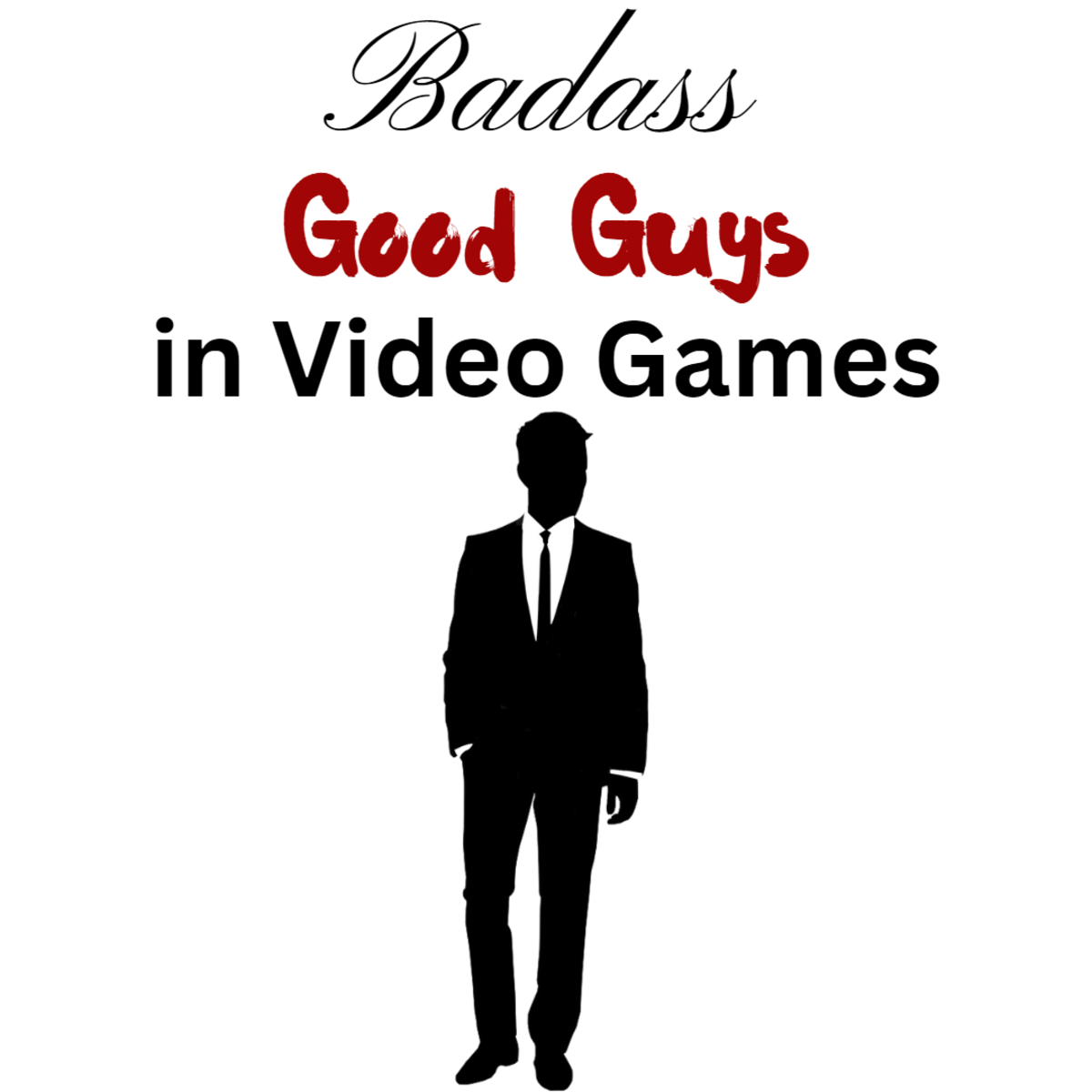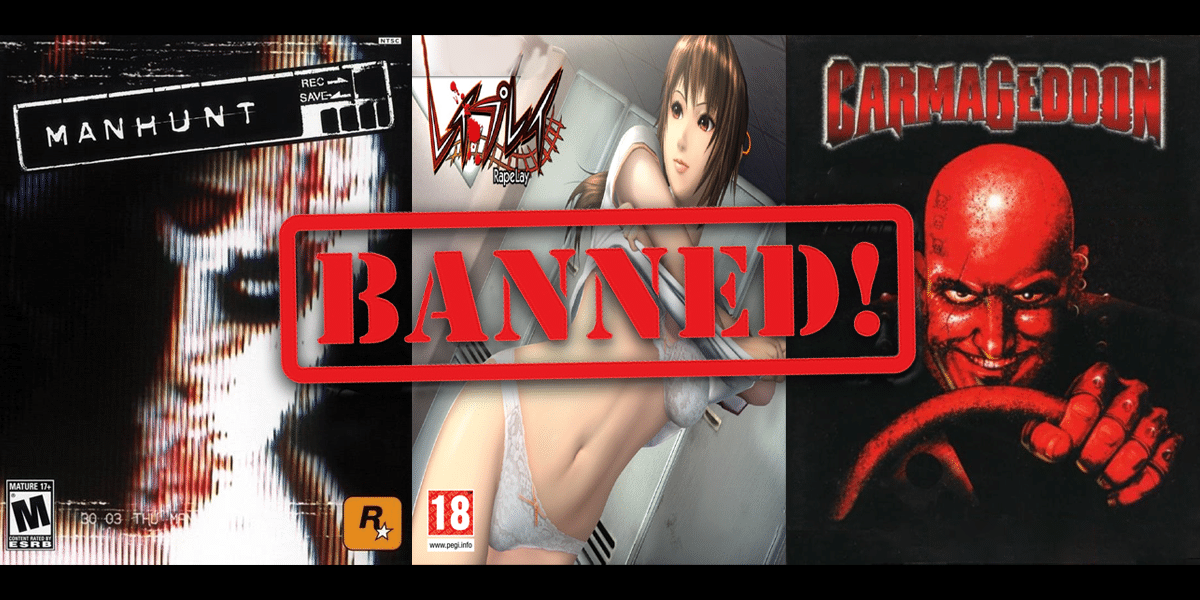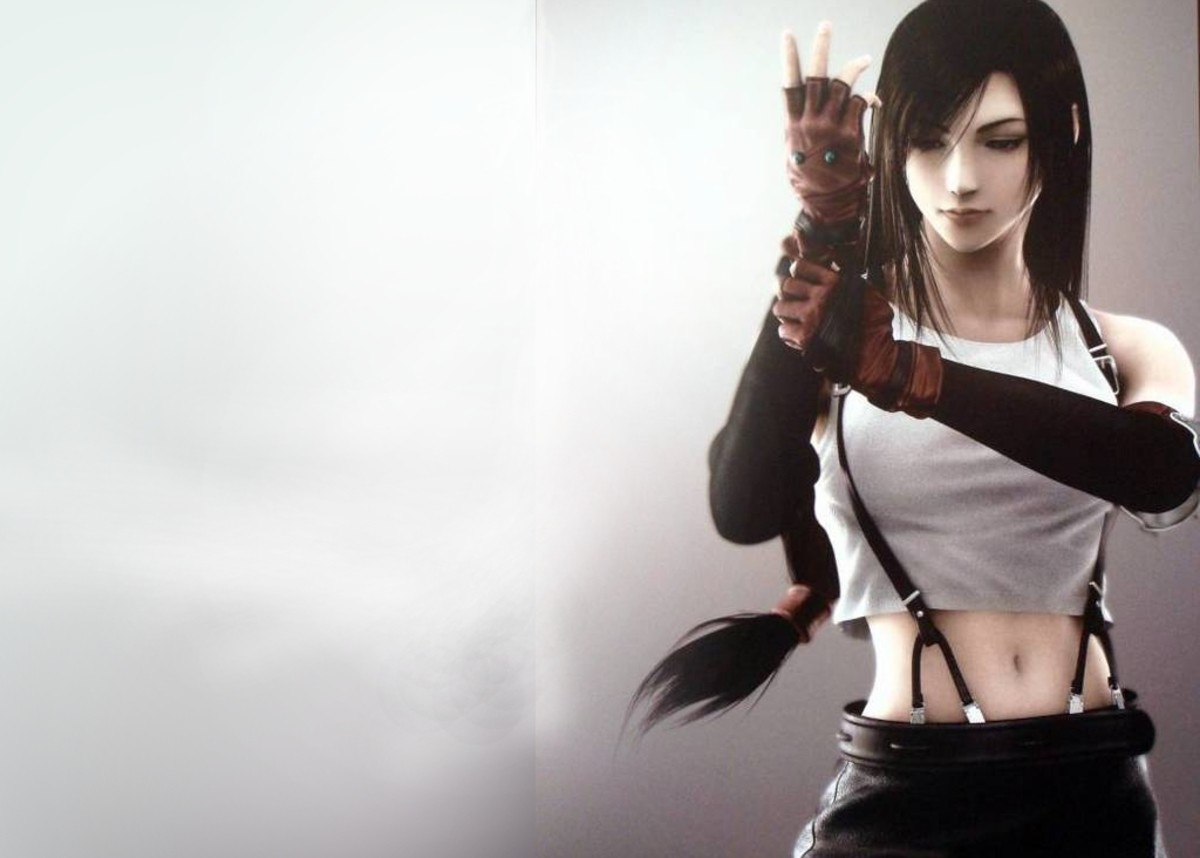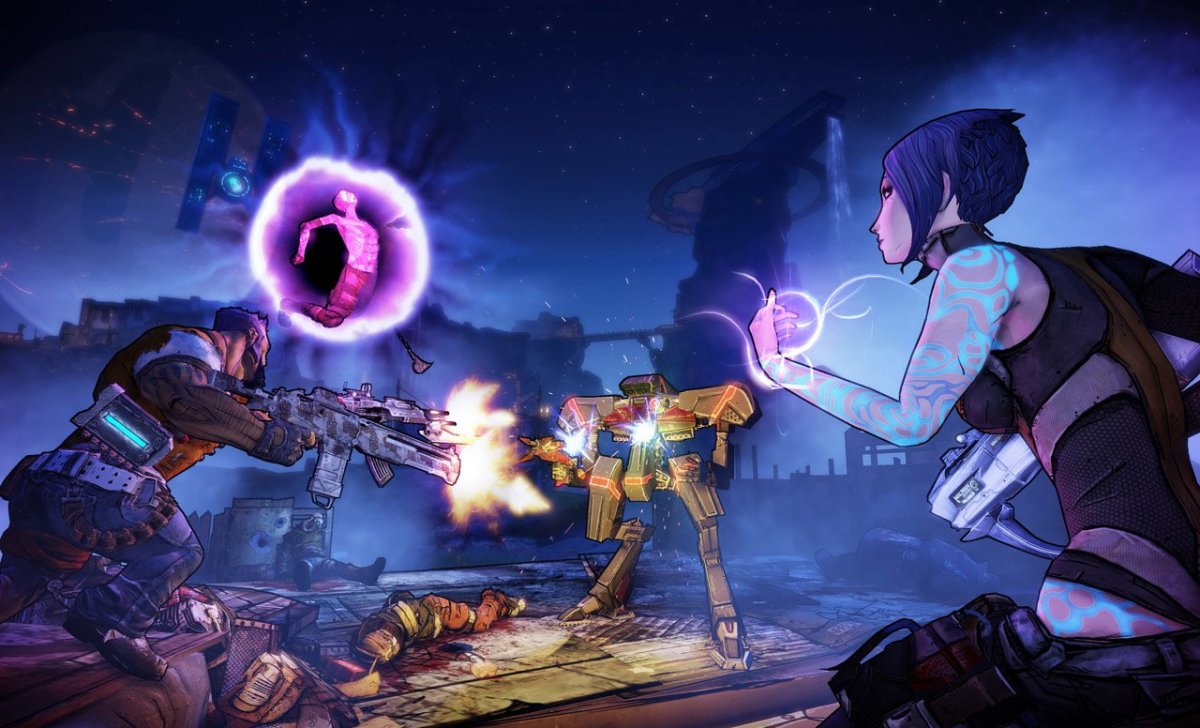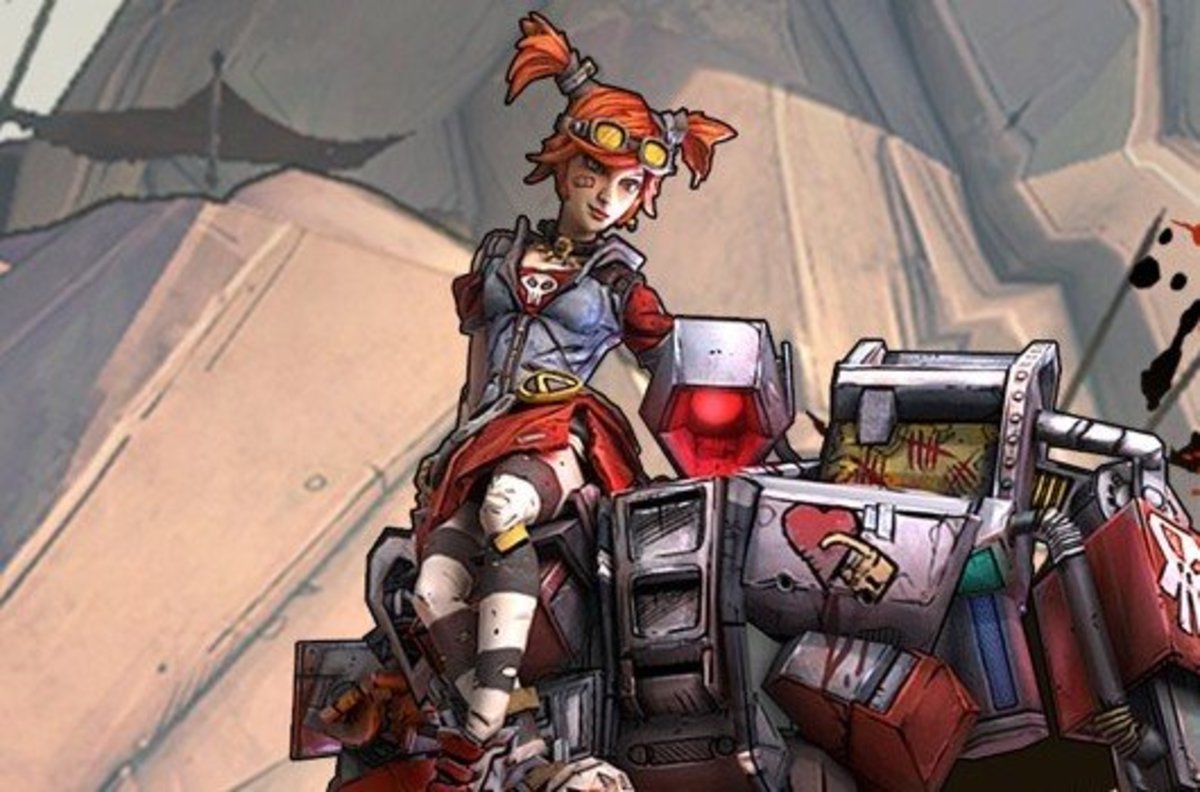Five Fun Ways to Implement Anti-Piracy Measures in Video Games
Video game creators have been dealing with pirates for decades. From the eight-bit days of the Atari 2600 to the current generation of HD gaming, piracy has been an issue. While some creators ask for long security codes or use DRM, others have made anti-piracy measures something entertaining. These ways to avoid piracy are not frustrating for people who bought the game and provide entertainment for everyone who has to read the pirates complain about the measures on forums.
1: Shaming Pirates in the Game
As Seen In: Alan Wake, The Bard's Tale
One of the easiest ways to tell a pirate they made a mistake is shaming them in the game. This method changes a few small things in the game when piracy is detected. In Alan Wake, the titular character sports a black eye patch if the game fails an internal copy-protection test. If the player failed to type in the correct spell name in The Bard's Tale by Interplay Entertainment, they would be mocked for their stupidity.
Fun Ranking: None
This method of stopping piracy is not very interesting. A cosmetic change does tell the pirate they’ve been caught, but doesn’t do anything else. Pirates are able to complete the game without any issues, and regular gamers can only get a tiny giggle out of the piracy prank. If there are no consequences, pirates will continue to pirate without care.
This won't cut it.
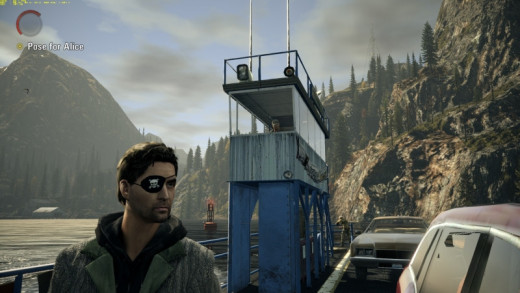
Spyro: Year of the Dragon
Stopping Pirates from Finishing the Game
As Seen In: Batman: Arkham Asylum, Spyro: Year of the Dragon
This is probably the worst punch in the gut to pirates. They play their game, thrilled they don’t have to pay, until they end up unable to finish the game because of their pirating ways. In Batman: Arkham Asylum, the caped crusader’s cape would not open, preventing the player from flying out of the first room. The room will poison Batman if he stays in it fly, meaning pirates are essentially given an automatic game over. Spyro: Year of the Dragon hides items required to progress if piracy is detected, among other things.
Fun Ranking: Low
This is more interesting than telling pirates off, but not by much. This tactic can upset pirates, but the fans of the game might not be interested in it. Unless the game gains a large fan base, the only people who will find this tactic funny are the developers. It can encourage pirates to buy a retail copy of the game.
Public Shaming
As Seen In: Cross Days, Skullgirls Encore
What’s more fun than shaming pirates in their games? Shaming pirates in front of everyone they know. The dating simulation game Cross Days, which was only released in Japan, presents pirates with a survey that legitimate players never see. This survey, along with a screenshot of the pirate’s desktop, is uploaded to the Internet for all to see. Skullgirls Encore, a fighting game, utilizes a more lawyer-friendly method to shame pirates. Pirated versions of the game present players with a strange message. Confused pirates took to the Internet to figure out what it meant, only to be called out as pirates by the developers.
Fun Ranking: Medium
Public shaming garners much more attention than the methods stated above. Anybody can laugh at somebody who asks what the bizarre message or image in their game means. However, the pirates might be able to ignore the shaming, or sue developers if they decide to copy Cross Day's example. Any developer choosing to use this method of piracy protection should make sure what they are planning to do is legal before implementing it.
This screenshot is no joke.
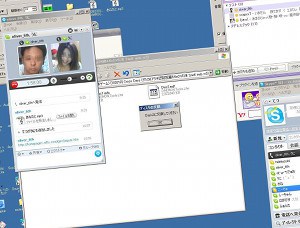
Inconveniencing the Pirate
As Seen In: Grand Theft Auto 4, Michael Jackson: The Experience
Enough inconvenience can test the patience and endurance of the pirates while entertaining everyone else. If the changes are carefully chosen, pirates can be frustrated enough to give up on the game or convinced to buy a retail copy. Grand Theft Auto 4’s anti-piracy detection would cause the camera to swing wildly during gameplay. Michael Jackson: the Experience would replace the classic tunes with annoying vuvuzelas when it was played in an unlicensed cartridge.
Fun Ranking: Medium
This is probably most of the entertaining methods of anti-piracy. While the pirates grit their teeth and try to power through their illegal copy, everyone else can break out the popcorn and enjoy the fun. The only problem with this method of piracy is that the game can still be played if the pirate is adept enough.
5: Fighting Pirates with Pirates
As Seen In: Game Dev Tycoon
Most of the time, pirates upload illegal copies of games for other pirates, but in a few cases, the developers themselves upload pirated copies. This was the case for Game Dev Tycoon, a game that simulated creating video games. Piracy was already a feature in Game Dev Tycoon, but the version of the game uploaded to torrent sites had modifications. Instead of having a small number of copies pirated, players that torrented the game would be pirated out of business.
Fun Ranking: High
When pirates go to forums to ask how they can implement the very anti-piracy measures that are causing them to go out of business in the game, it is very cathartic. Game journalists reported extensively about this trick. It may have even caused people who had never heard of the game to buy a copy.
Pirates don't understand irony.
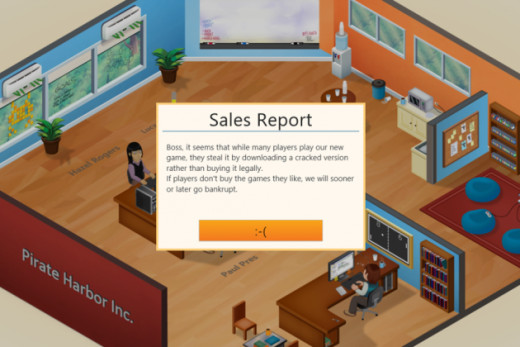
It’s important to note that pirates with enough coding knowledge will be able to patch out any anti-piracy measures developers put into their games. However, these crafty piracy protection systems can cause pirates to be upset, fans to be entertained, and even gain media coverage. There are many more games that include amusing tricks to stop pirates. These five methods to add anti-piracy to a game prove anti-piracy can be far more than finding the sixteenth word of page three of the manual.


